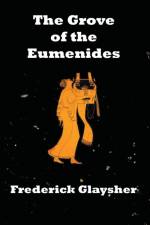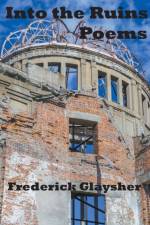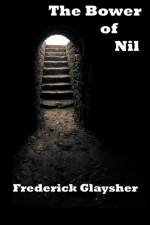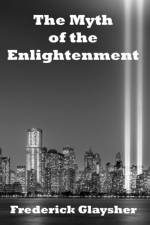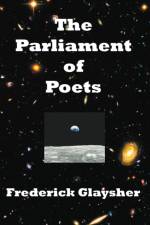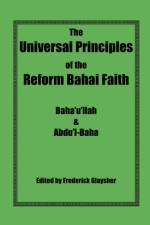- Essays
av Frederick Glaysher
377
The essays and reviews of Frederick Glaysher's The Myth of the Enlightenment were all written during the 21st Century, with many of them written during his evolving intellectual and spiritual struggle to write his epic poem, The Parliament of Poets, the First Edition of which was published in late 2012. These essays open up Glaysher's own biography and his life-long interest in the writings of Leo Tolstoy, Rabindranath Tagore, John Milton, Saul Bellow,Robert Hayden,and other poets and writers, offering a fresh, new vision of literature and culture. In terms of his engagement with the writings of such philosophers and social thinkers as Plato, Giambattista Vico, Ibn Khaldun, Julien Benda, Pitirim Sorokin, Arnold Toynbee, and Jacques Barzun, Glaysher probes into the dilemmas of the Enlightenment and modernity, as he articulates a vision for the 21st Century beyond postmodernism, favoring neither East nor West,but truly global and universal. In a number of reviews, Glaysher explores democracy in China, the United Nations, and what literature has too often become under the cultural tyranny of the radicalized American English department. In the final section, Race in America, Glaysher engages with his experience of growing up in Metropolitan Detroit and the dynamics of black and white race relations, suggesting, for the 21st Century,a wider conception of who we Americans are. Provocative, calling to account endemic complacencies, The Myth of the Enlightenment reassesses our underlying cultural assumptions, looking forward with hope toward a deeper understanding of Democratic pluralism and universality, for our nation and the globe.From the PrefaceFor over three-hundred years, civilization has been under the sway of the Myth of the Enlightenment. While the Enlightenment initiated a highly beneficial movement away from autocratic government and religion, a stifling reliance on past authorities, accompanied by an ever-increasing scientific and practical development, very early on stress and cracks began to be felt in the structure of the psyche and society. The twentieth century witnessed those cracks transmogrifying into crevasses of gaping and violent proportions, often circling the globe. The last few decades have borne all the more testimony that the Myth of the Enlightenment has become part of the problem and no longer sufficiently comprises what is needed to resolve and heal what civilization is suffering from.


